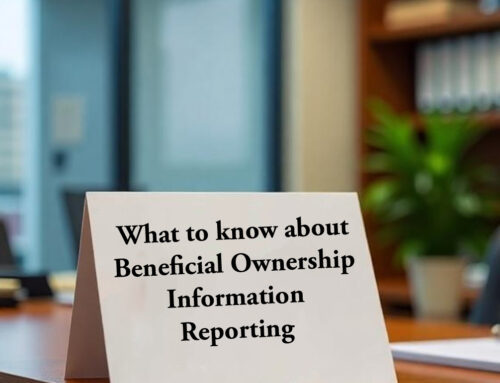
Some nursing homes have demanded that low-income residents turn over their $1,200 economic stimulus checks — a cash grab lawmakers want to halt! The stimulus payments belong to the recipients NOT the organizations providing the care.
Lawmakers, the Federal Trade Commission, patients and their families brought forth complaints that nursing homes and other businesses were taking advantage of vulnerable patients who were entitled to receive their stimulus money. Residents were told their payments were being forfeited because it was owed to the nursing home or assisted living facility to help offset the costs of their care.
The Federal Trade Commission last month flagged some nursing homes’ attempts to take residents’ payments, saying the office had received reports of such incidents from Iowa and other states. Oregon’s attorney general has issued a “scam alert,” calling the practice unlawful.
In the House, Democratic Representatives Richard Neal of Massachusetts and Frank Pallone of New Jersey asked the federal Centers for Medicare and Medicaid Services to spell out to nursing homes that the relief money from Congress is not considered income that facilities can legally claim.
As stated:
“The payments are intended for the recipients, even if a nursing home or other facility or provider receives the person’s payment, either directly or indirectly by direct deposit or check,” said the IRS. “These payments do not count as a resource for purposes of determining eligibility for Medicaid and other federal programs for a period of 12 months from receipt. They also do not count as income in determining eligibility for these programs.”
The economic impact payments, as the stimulus checks are known, are tax credits, which do not qualify as resources for federal benefits program, the FTC said. “So: when Congress calls these payments ‘tax credits’ in the CARES Act, that means the government can’t seize them,” the FTC said in its release. “Which means nursing homes and assisted living facilities can’t take that money from their residents just because they’re on Medicaid.”
Taken directly from the FTC page (link to full page in above paragraph): “This is not just a horror story making the rounds. These are actual reports that our friends in the Iowa Attorney General’s Office have been getting – and handling. Other states have seen the same.”
You can find additional information at www.ssa.gov/coronavirus/#reppayee and additional details on EIPs can be found at www.irs.gov/eipfaq
Photo by Cristian Newman on Unsplash





